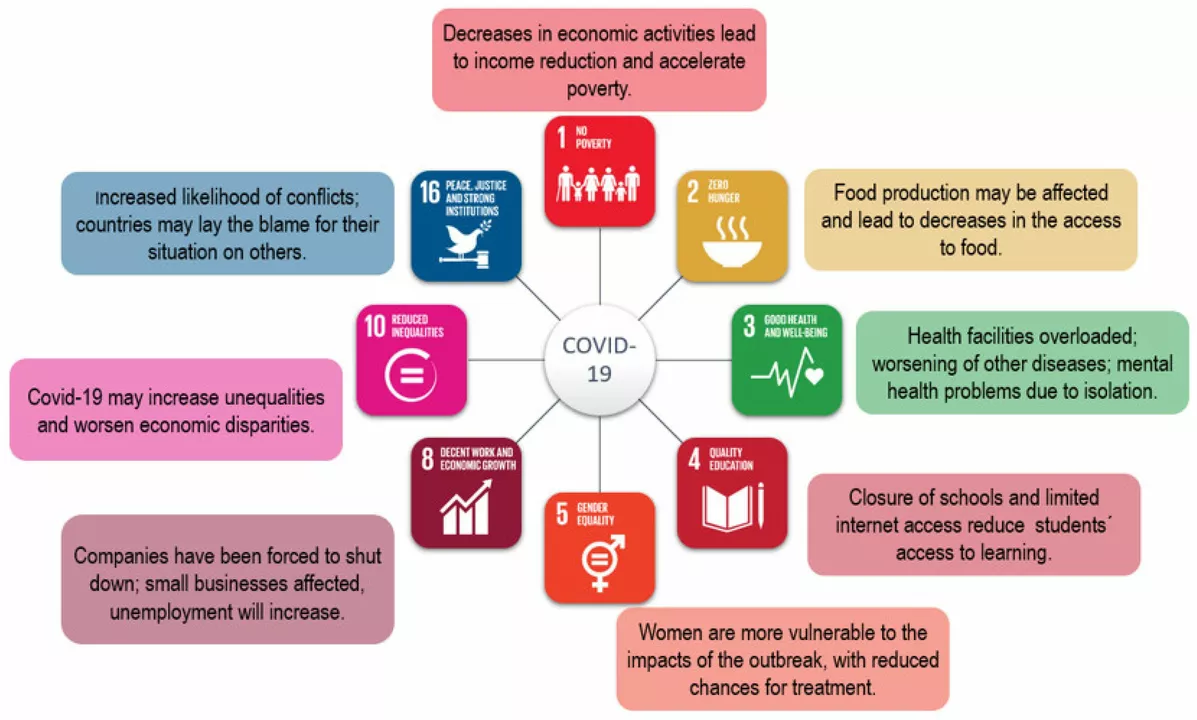I recently came across an interesting topic that connects flatulence with mental health. It turns out that gas can actually affect our well-being in various ways. For example, excessive flatulence can lead to social embarrassment, causing anxiety and stress. Additionally, poor gut health, which can cause increased gas production, has been linked to mood disorders like depression. So, it's important to pay attention to our digestive health not just for physical comfort, but for our mental well-being as well.
Understanding Gas Effects and Simple Ways to Ease Them
If you’ve ever felt a sudden belly pressure or heard an unexpected rumble, you know how uncomfortable gas can be. It’s not just a funny sound – excess gas can cause pain, bloating, and even affect your mood. In this guide we break down why gas builds up, what it does to your body, and easy steps you can take right now.
Why Your Body Produces Gas
When food reaches your intestines, bacteria start breaking it down. This natural process releases gases like nitrogen, oxygen, carbon dioxide, hydrogen, and sometimes methane. Most of the time the gas moves through harmlessly, but certain foods – beans, cabbage, onions, or sugary drinks – can speed up production. Swallowing air while you eat quickly, chew gum, or smoke also adds to the mix.
Everyone’s gut bacteria are a bit different, so the amount of gas you feel varies day by day. Stress can slow digestion, giving bacteria more time to ferment food and release extra bubbles. That’s why stressful meetings often end with an uncomfortable belly feeling.
Common Effects of Too Much Gas
The most obvious sign is bloating – a tight, swollen feeling in the abdomen. You might also get sharp cramps that come and go, or a persistent low‑grade pain after meals. Flatulence (passing gas) is the body’s way of releasing pressure; holding it in can lead to more discomfort.
In some cases gas can trigger acid reflux. When pressure builds up, stomach contents push upward, causing heartburn. While occasional gas is normal, frequent or painful episodes may point to a food intolerance, like lactose or gluten, and deserve a closer look.
Quick Tips to Reduce Gas Effects
Eat slower. Chewing thoroughly reduces the amount of air you swallow and gives enzymes more time to work.
Watch your diet. Keep a simple food diary for a week. Note when bloating spikes – it might be beans, carbonated drinks, or artificial sweeteners.
Stay hydrated. Water helps move food through the gut and prevents constipation, which can trap gas.
Move around. A short walk after meals encourages the intestines to contract and pushes gas out more naturally.
Try over‑the‑counter aids. Products with simethicone break down bubbles, while activated charcoal tablets absorb excess gas for some people. Always follow the label instructions.
When to Seek Professional Help
If you notice blood in your stool, unexplained weight loss, or pain that lasts more than a few days, it’s time to talk to a doctor. These signs could mean an underlying condition like IBS, gallstones, or a bacterial infection.
A healthcare professional can run simple tests and suggest targeted treatments – sometimes a probiotic, prescription medication, or a specific diet plan works best.
Gas effects are common, but they don’t have to control your day. By tweaking eating habits, staying active, and paying attention to triggers, you can keep the uncomfortable pressure at bay and enjoy meals without worry.

